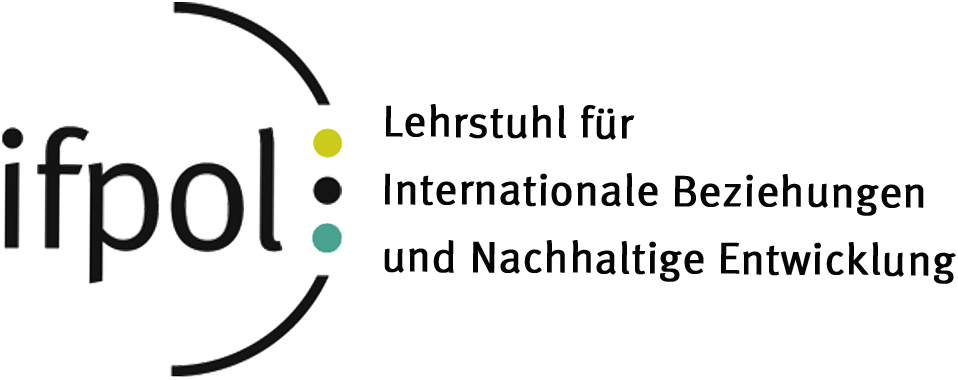

Contact: Carolin Bohn
For some years now, informal deliberative citizen participation processes have been increasingly used in the realization of the transformation to sustainability on the municipal level. While these processes are seen as having many potentials (e.g., the joint development of sustainability-promoting measures by drawing the everyday knowledge of citizens), they also raise many challenges and questions. These include more general ones, such as dealing with unequal political participation, but also more "sustainability-specific" ones, such as the crucial question: Under which conditions does citizen participation actually contribute to promoting sustainability?
This already indicates that sustainability-oriented participation processes do indeed place high expectations on participating citizens: they are supposed to invest time in dealing with complex issues and, in doing so, make decisions in the interest of the well-being of all present and future generations, even if they themselves may enter said processes with "non-sustainable" attitudes. How can this succeed? What are useful dispositions of citizens? Which framework conditions must be created in participation processes?
The central argument of this research project, which is developed with recourse to ideas of environmental virtue ethics and environmental citizenship, is: In order for citizens to actually achieve sustainability-promoting results in the context of deliberative participation processes, the virtue of "green" political judgment formation is indispensable. The concept of "green" political judgment formation represents an adaption of the Aristotelian phronesis (also translatable as "practical wisdom") and describes a complex process of collaborative discussion, decision-making, and implementation of sustainability policies by citizens in which the well-being of all present and future generations is the decisive benchmark.
While the theoretical contribution of the research project lies in the development of the concept of "green" political judgment formation, it also bridges the gap to political practice by exploring the question: Which framework conditions need to be created in sustainability-oriented deliberative participation processes in order for "green" political judgment formation to succeed? To answer the research question, interviews were conducted with administrative staff who organized corresponding processes at the municipal level, as well as with participating citizens. Through the evaluation of this data, the research project will develop practical added value in the form of concrete recommendations for the design of deliberative participation processes that promote sustainability, in addition to the above-mentioned theoretical added value.

